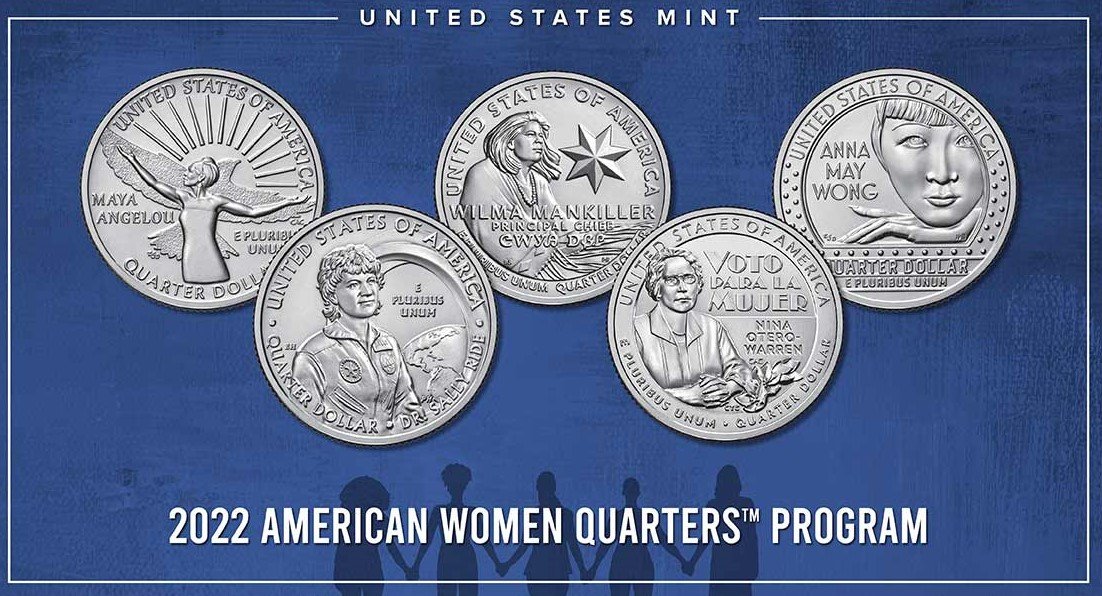How have courts met the challenges of the COVID-19 pandemic with new innovations in court technology? And have these innovations made access to justice easier, or more difficult? According to a recent report from The Pew Charitable Trusts, courts across the country have rapidly adapted online and remote services in a time when in-person access to the courts was greatly restricted while at the same time the need for legal services skyrocketed. Almost all aspects of court proceedings have been affected, including conducting hearings, processing filings, and enforcing judgments and decisions.
Read moreWho Represents Me? Find Your Local, State, and National Elected Officials
Do you know who represents you at the local, state, and national level? The following resources will help you find and contact the elected officials that represent your city, county, state, and country.
Read moreProcedural Fairness Resources from The National Center for State Courts
Court procedures are complicated. Attorneys and judges are specially trained in legal procedure and practice it every day. However, most people who appear in court have never done so before and are unfamiliar with the procedure. Many litigants, especially those without attorney representation (pro se litigants), feel as if the judicial system lacks transparency, accessibility, and clarity, and often perpetuates biases against racial and ethnic minorities and those with low income. Clerks, court staff, jurists, and judges must stay informed of these issues and find solutions to ensure fair and equal access to the judicial system to everyone. This concept is referred to as “procedural fairness” or “procedural justice.”
Read moreMind the Gap and #BreakTheBias during Women's History Month 2022
March is Women’s History Month, and to kick off this month of recognition of women’s achievements and contributions, but also of the barriers that women continue to face, we would like to highlight the latest information on the gender wage gap.
Read moreFive Trailblazing Women Honored by American Women Quarters Program's 2022 Collection
The American Women Quarters Program is a four-year program from the United States Mint that honors and celebrates distinguished American women through a collection of special quarters with new reverse designs that feature the likenesses of each honoree. Beginning this year in 2022, up to five women will be featured each year until 2025.
Read more

